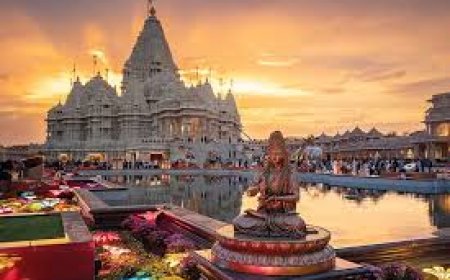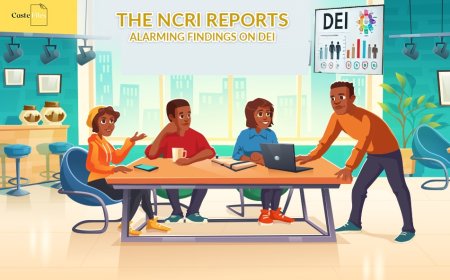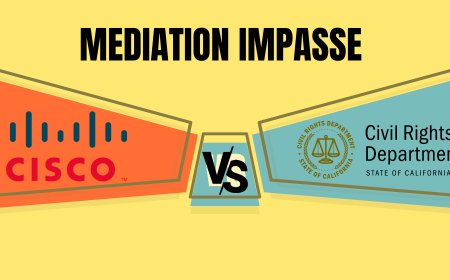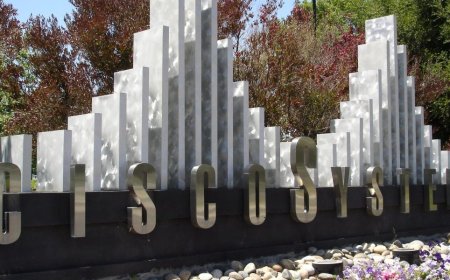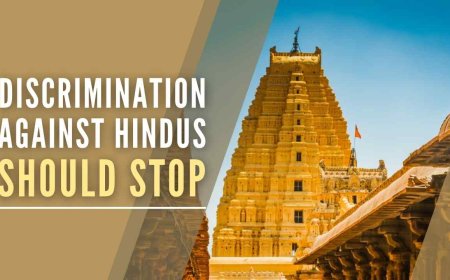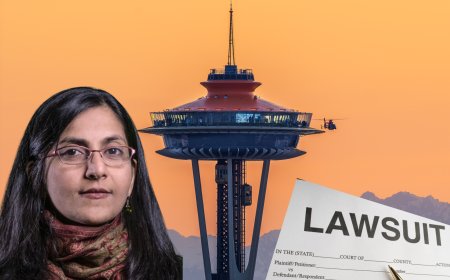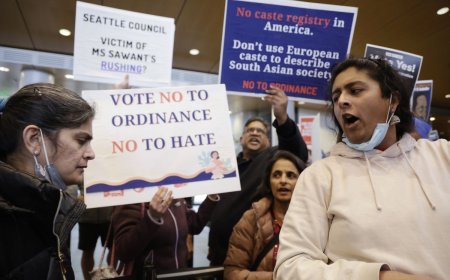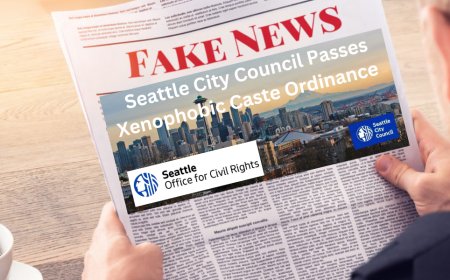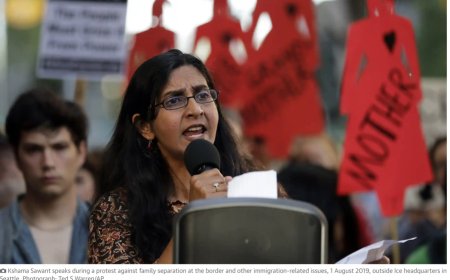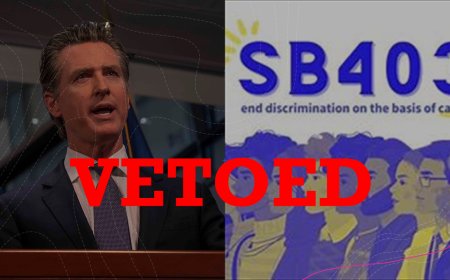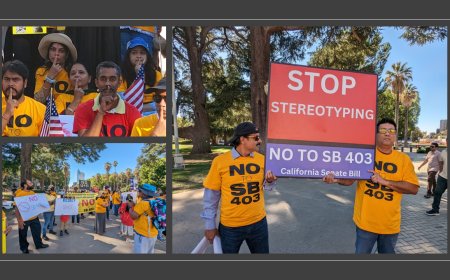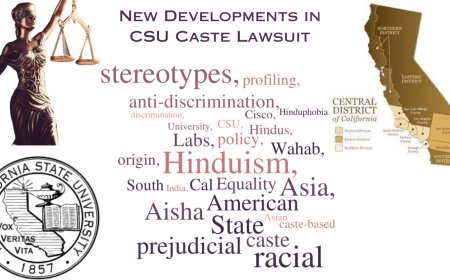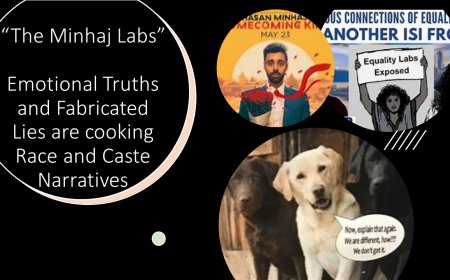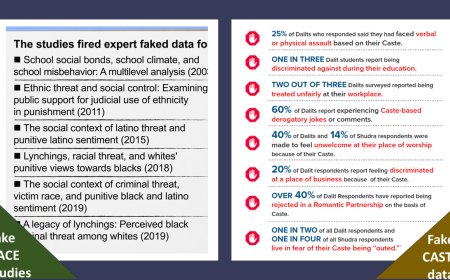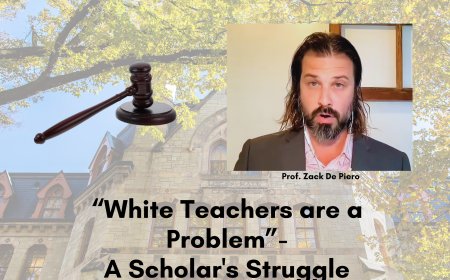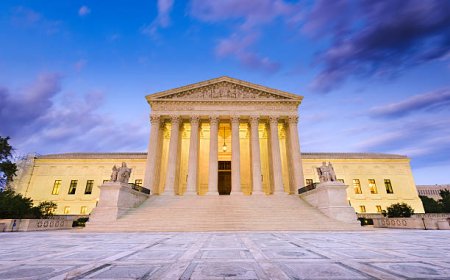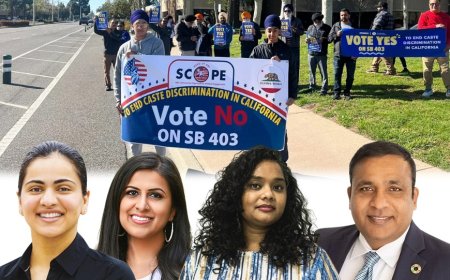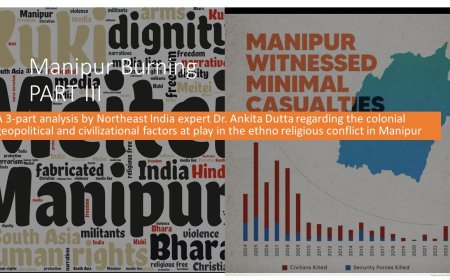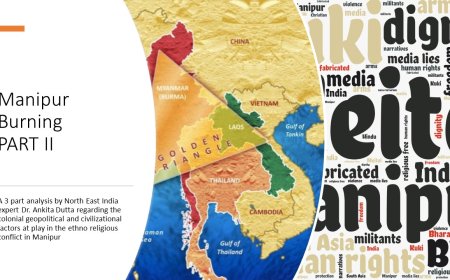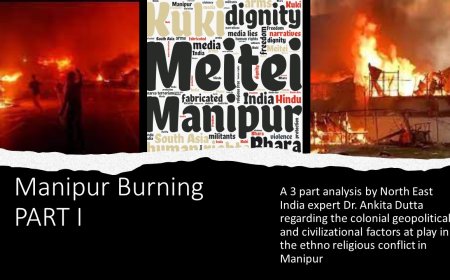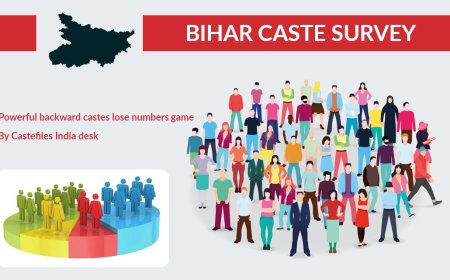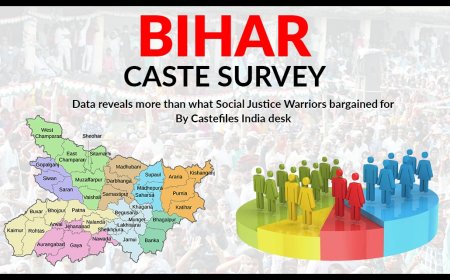Bihar Caste Survey I - A Benevolent Step or a Political Spell?
A controversial caste survey conducted by the Bihar Government triggers memories of the contentious Mandal era and the formation of new voting blocs. In reviving caste politics under the guise of social justice, Bihar Chief Minister Nitish Kumar harks back to another divided landscape, that led to lost decades of India's economic journey. Starting with this primer, Castefiles will publish a series of explainers on the implications of the survey, and the attempt at reviving the ghost of Mandal and identitarian politics that has hobbled India over decades.

November 10, 2023: On a sweltering post-monsoon day in September of 1990, Rajiv Goswami, a 19 years old liberal arts student of Deshbandhu College of Delhi University, committed self-immolation outside his college campus in protest against the then Prime Minister, late VP Singh's decision to implement the recommendations of Mandal Commission, which carved reserved quotas in government jobs for a brand new category - Other Backward Class(OBC).
An umbrella term in government, political, and legal jargon in India, the term OBCs is used to collectively define intermediate castes that are predominantly rural, mostly agrarian, and often rich land owners who became important voting blocs in Indian politics.
Goswami's was an act of desperation at a time when India's economy was doddering and jobs were scarce, thanks to decades of failed socialist policies. It was followed by a series of copycat self-immolation attempts across North India by students belonging to upper castes.
The flames of what is now known as anti-Mandal agitation eventually consumed the government of VP Singh, himself the scion of an erstwhile Rajput (Kshatriya) royal family, who took secret delight in being addressed as Raja of Manda, the name of his former principality in the North Indian state of Uttar Pradesh).
But the fault lines generated by Raja of Manda and Mandal kindled the scepter of caste politics that came to define India's national and regional politics for the next two decades.
The Voting Game or Gaming the Vote?
It's precisely those caste cleavages that Bihar Chief Minister Nitish Kumar sought to deepen and exploit when on October 2, 2023, he announced the results of a caste survey held by his government. Accurate headcount, Kumar's government proclaimed, was meant to devise targeted schemes for the welfare of hundreds of intermediate and lower castes in Bihar, which has the dubious distinction of being the poorest state in India in terms of GDP per capita.
The survey's headline numbers have captured attention.
While exact data on the number of Indians belonging to scheduled castes and scheduled tribes (SCs and STs) is captured in India's decadal census exercise since it is required for the constitutional mandate to reserve seats for them in Indian Parliament and state legislatures - figures for other communities are extrapolated from the census in 1931, the last time numbers were counted for all castes, not just the SCs and STs.
In its report submitted in 1980, the Mandal Commission estimated the OBCs to be about 52 percent of India's population, whereas Kumar's 2023 caste survey has put the figure for Bihar at 63 percent, a clear 11 percent higher.
Bihar’s population currently stands at 13.07 crore (130 million), out of which 36% or 4.70 crore (47 million) are people from castes that are recognized as extremely backward castes or EBCs, a category unique to the state. While EBCs fall under the OBC category in most other states of the country, they are held distinctly in Bihar. The figure for the OBCs in the state is 3.54 crore (35.4 million) or 27% of the population. Taken together, the figure for OBCs and EBCs is 63 percent.
The so-called “forward castes" or “general” category is 15.5% of the population. Scheduled Castes are 20% at 26 lahks (26 million) while scheduled tribes are 1.6% at 22 lakhs (2.2 million) of the state's population.
The percentage-wise breakup of prominent groups is as follows:
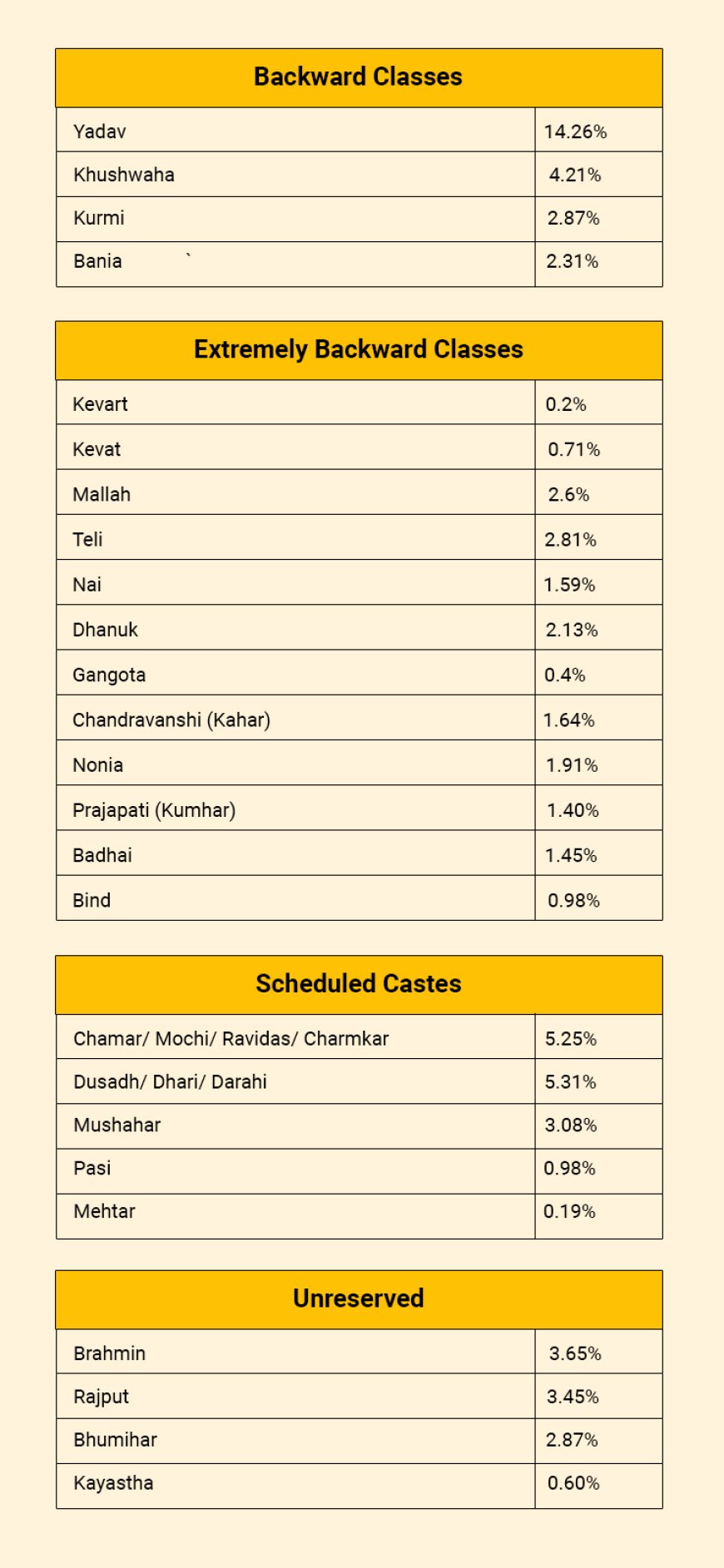
More Reservations
The focus following the Bihar Caste Survey has shifted to the relative numerical strength of OBCs, EBCs, and the upper castes - given that SC and ST categories are enumerated in the Government of India's decadal census anyway.
Kumar's government has so far released only the bare caste numbers, with socio-economic data collected during the survey to be released in days to come. That would be followed by a welfare package - a euphemism for reservations in government jobs that are prized in a state like Bihar with almost no private sector jobs to employ the millions of youth. Small wonder, Bihar is the biggest exporter state of labor in the country, as lakhs migrate each year mostly to southern and western states, or the national capital Delhi, in search of petty employment.
The Promise of a Caste Census
Most state governments in India run huge budget deficits, falling foul of the Fiscal Responsibility and Budgetary Management (FRBM) Act, and it would be a tough act to create new jobs in the government without the State of Bihar going bankrupt.
Regardless, the main opposition party, Indian National Congress (INC), has thrown its weight behind the move, with its leader Rahul Gandhi promising a caste-based census if his political coalition I.N.D.I.A, in which Kumar's party JD(U) is a partner, were voted to power in next year's Parliamentary elections.
The retort against the exercise has been swift as opponents filed writ petitions in Patna High Court, challenging the survey. On August 1, 2023, the High Court allowed the State Government to go ahead. After the survey data were released, the petitioners moved the Supreme Court of India, which refused to issue any interim restraint orders. A division bench of the Supreme Court has asked the Bihar Government to put its reply on record, with a hearing scheduled in January 2024.
Prime Minister Modi's Government has approached the issue with caution in its filing in the Supreme Court, taking care not to appear to be opposing the Bihar caste survey, while pointing out that a census exercise was within the sole purview of the Union Government.
At a public rally soon after, the Prime Minister deplored the survey as a tool to divide the Hindu society. Clearly, the survey has set off a political chain reaction. Whether it changes the course of Indian polity like the Mandal saga did in the 90s remains to be seen.

